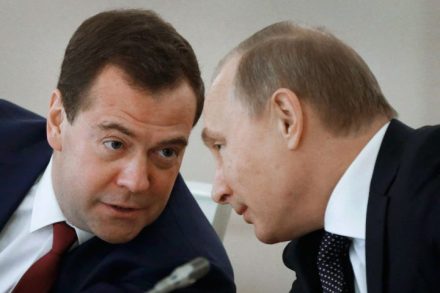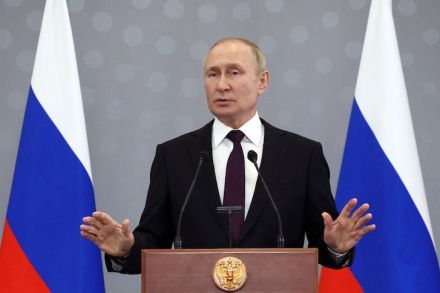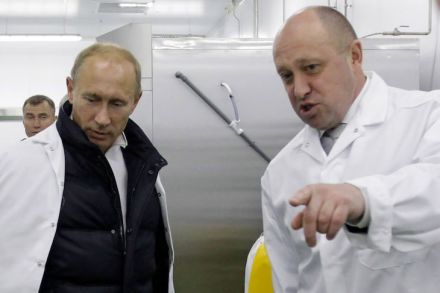Nikolai Patrushev, the man dripping poison into Putin’s ear
If I were to have to pick the figure in Vladimir Putin’s inner circle who scares me the most, it would have to be Nikolai Platonovich Patrushev, secretary of the Security Council and the closest thing there is in the Russian system to a national security adviser. Patrushev’s profile has grown steadily as both cause and symptom of the system’s drift towards nationalist imperialism, and he best channels the worst impulses within the id of Putin’s clique. Whenever he speaks, it is sadly worth listening. After all, he does not just channel but shape those worst impulses. The Security Council itself is not the Soviet Politburo 2.0 that some assume.





















